News
-
 Health & Medicine
Health & MedicineThe omicron variant is surging. Here’s what we’ve learned so far
Omicron is better at evading virus-attacking antibodies than previous coronavirus variants, but there are signs booster shots might help curb symptoms.
-
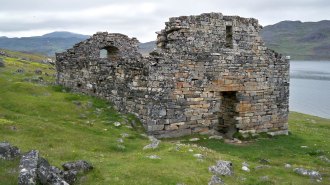 Climate
ClimateVikings may have fled Greenland to escape rising seas
Vikings abandoned Greenland in the 15th century. Lower temperatures, an expanding ice sheet and rising sea levels may have played a role in their departure.
By Freda Kreier -
 Health & Medicine
Health & MedicineCOVID-19 testing is complicated right now. Here are answers to 6 big questions
There are two major categories of COVID-19 diagnostic tests. Here’s what you need to know when deciding whether to take an at-home test or head to the doctor.
-
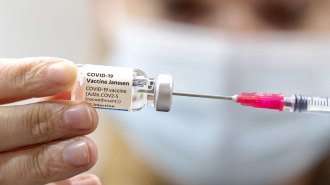 Health & Medicine
Health & MedicineThe CDC recommends mRNA COVID-19 vaccines over J&J’s, citing fewer risks
Pfizer’s and Moderna's vaccines are more effective and cause fewer serious side effects than Johnson & Johnson’s jab, new data show.
-
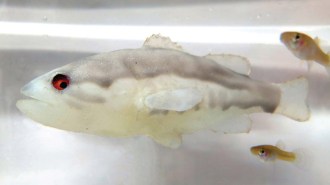 Life
LifeA terrifying robot can thwart invasive mosquito fish
A robot designed to mimic a natural predator of mosquito fish can impair the survival and reproduction of this costly invasive species.
-
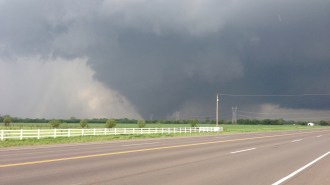 Climate
ClimateHow a warming climate may make winter tornadoes stronger
A climate simulation suggests that higher winter temperatures could make twisters more powerful.
-
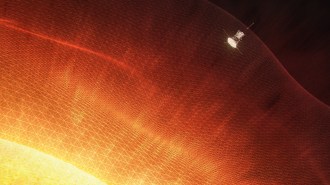 Astronomy
AstronomyThe Parker Solar Probe is the first spacecraft to visit the sun’s atmosphere
NASA’s Parker Solar Probe crossed a boundary between the sun’s atmosphere and interplanetary space that has been predicted for decades but never observed.
-
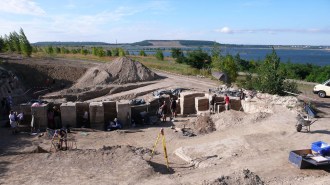 Archaeology
ArchaeologyNeandertals were the first hominids to turn forest into grassland 125,000 years ago
Neandertals’ campfires, hunting and other activities altered the land over 2,000 years, making them the first known hominids to impact their environs.
By Bruce Bower -
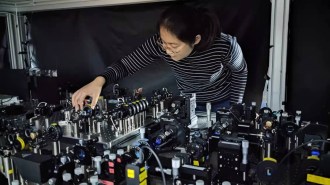 Quantum Physics
Quantum PhysicsQuantum physics requires imaginary numbers to explain reality
Quantum theory based only on real numbers fails to explain the results of two new experiments.
-
 Health & Medicine
Health & MedicineHow sleep may boost creativity
In a lab experiment, people who had fallen into a shallow sleep were more likely than non- or deep sleepers to later discover a sly math trick.
-
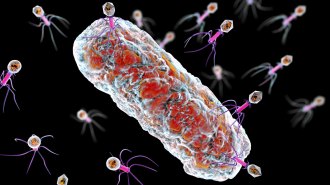 Microbes
MicrobesA bacteria-virus arms race could lead to a new way to treat shigellosis
As bacteria that cause shigellosis evolve to escape a virus, the microbes may become less deadly, a hopeful sign for “phage therapy.”
-
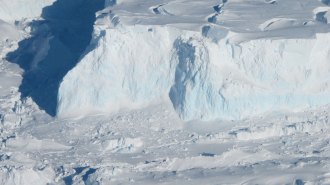 Climate
ClimateAntarctica’s Thwaites Glacier ice shelf could collapse within five years
The loss of Thwaites’ buttressing ice shelf could hasten the demise of the “Doomsday Glacier” and raise the risk of dramatic sea level rise.